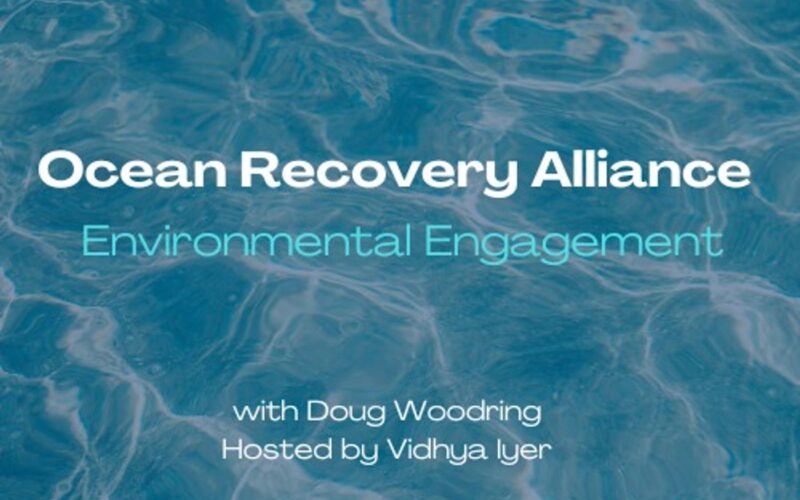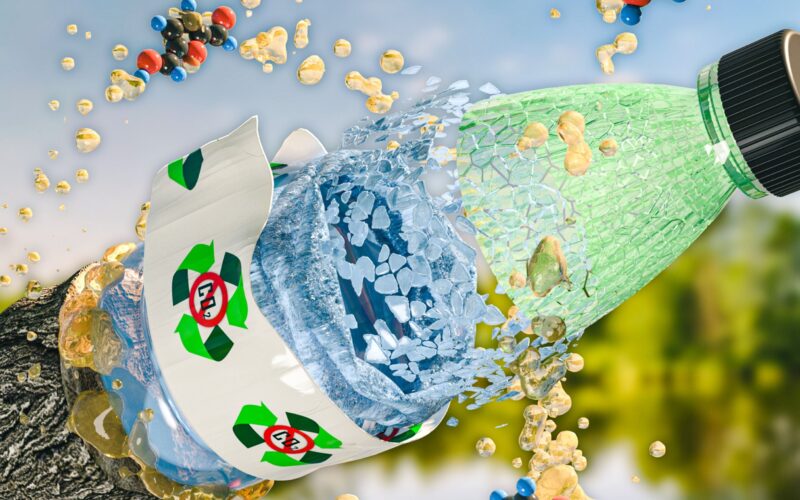121: Ocean Recovery Alliance – Environmental Engagement
We have this love-hate relationship with plastic. It is versatile, durable, light-weight and used in a multitude of applications. How do we recover and give this plastic a second life or third life?
Today we have with us Doug Woodring, Founder and Managing Director of the Ocean Recovery Alliance – Bringing Creative Surprise to Environmental Engagement. Ocean Recovery Alliance is focused on entrepreneuring programs to reduce plastic pollution, both on land and water, by creating strategic solutions for governments, industry and communities which lead to long-term, hands-on business practices that engage. They purposefully design programs to educate, build awareness and provide solutions which inspire positive societal change at the community, national and international levels. We learn more about their initiatives such as their global app that crowd sources and alerts authorities about trash on land along waterways. They have worked with cosmetic companies such as LUSH to help them look at their products and how they can reduce the plastic – for instance by eliminating glitter from all their products. Learn more of such efforts by the non-profit Ocean Recovery Project on this episode.
Mentions:
Ricron Panels
Lush Cosmetics
https://www.oceanrecov.org/
https://mindfulbusinessespodcast.com/





